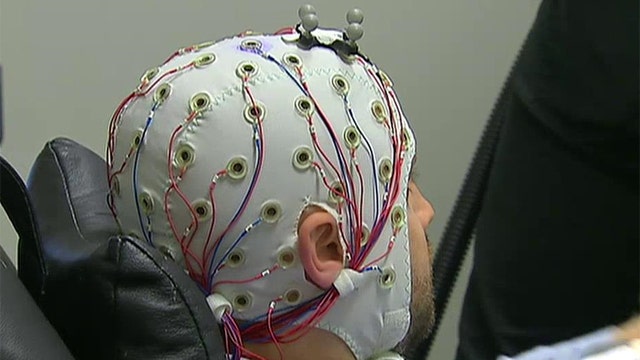Researchers close to developing tests for PTSD
Many vets welcome solution to a problem that few understand
Researchers say they are close to developing a first-of-its-kind of medical test that could be used to identify post-traumatic stress disorder (PTSD). They say that in five years, there could be a range of new tests which will help in diagnosing PTSD and determining which treatment these patients need.
Researchers are looking at biomarkers in the blood, genetic markers to see if people are predisposed to developing the disorder, brain imaging studies to see where connections in the brain are lost, eye studies to see if eye contact is off, and much more. Their hope is that they will be able to employ these tactics for diagnosis within five years.
About 10-20 percent of people may be predisposed to developing PTSD. There also may be a difference in the reactions and changes in the brain among men and women, or people of different ethnic backgrounds. The biomarkers will help identify who may be at risk for the condition.
PTSD is a mental health condition that is triggered by a traumatic event that is either witnessed or experienced. Most people associate PTSD with war veterans, as the condition is most common among men who were involved in military combat. However, anyone who experiences an overwhelming or tragic event in their life can develop PTSD. This is especially the case when the event was unpredictable or uncontrollable. Traumatic events that may cause PTSD include war, car or plane crash, natural disaster, terrorist attacks, sudden death of a loved one, rape, kidnapping, assault, sexual or physical abuse or childhood neglect.
Symptoms of PTSD can vary and usually develop within hours or days after experiencing the traumatic event. In some cases, it could take weeks, months, or even years for PTSD symptoms to appear.
In the past, PTSD has been diagnosed based on signs and symptoms as well as a thorough psychological evaluation. To be diagnosed with PTSD, you must meet criteria in the Diagnostic and Statistical Manual of Mental Disorders (DSM-5), which is a manual is used by mental health providers to diagnose mental conditions. However, according to a report by the Psychiatric Times, the current diagnostic criteria for PTSD are unsatisfactory for a number of reasons including the difficulty associated with distinguishing between the PTSD symptom cluster and what could be considered a normal human response to massive trauma; PTSD, generalized anxiety disorder, depressive disorder, and substance dependence are difficult to separate; symptoms that define PTSD are not strongly correlated with trauma; and the diagnosis of PTSD relies on unverified trauma and subjective reports of symptoms.
PTSD researchers have been granted about $45 million to invest in developing these tests. The biomarkers along with genetic testing and brain imaging will be a game changer for the future of this often devastating condition.
The earlier you diagnose PTSD, the better the outcome. Many veterans are welcoming this solution possible solution because the condition has long been a problem that is not understood.









































